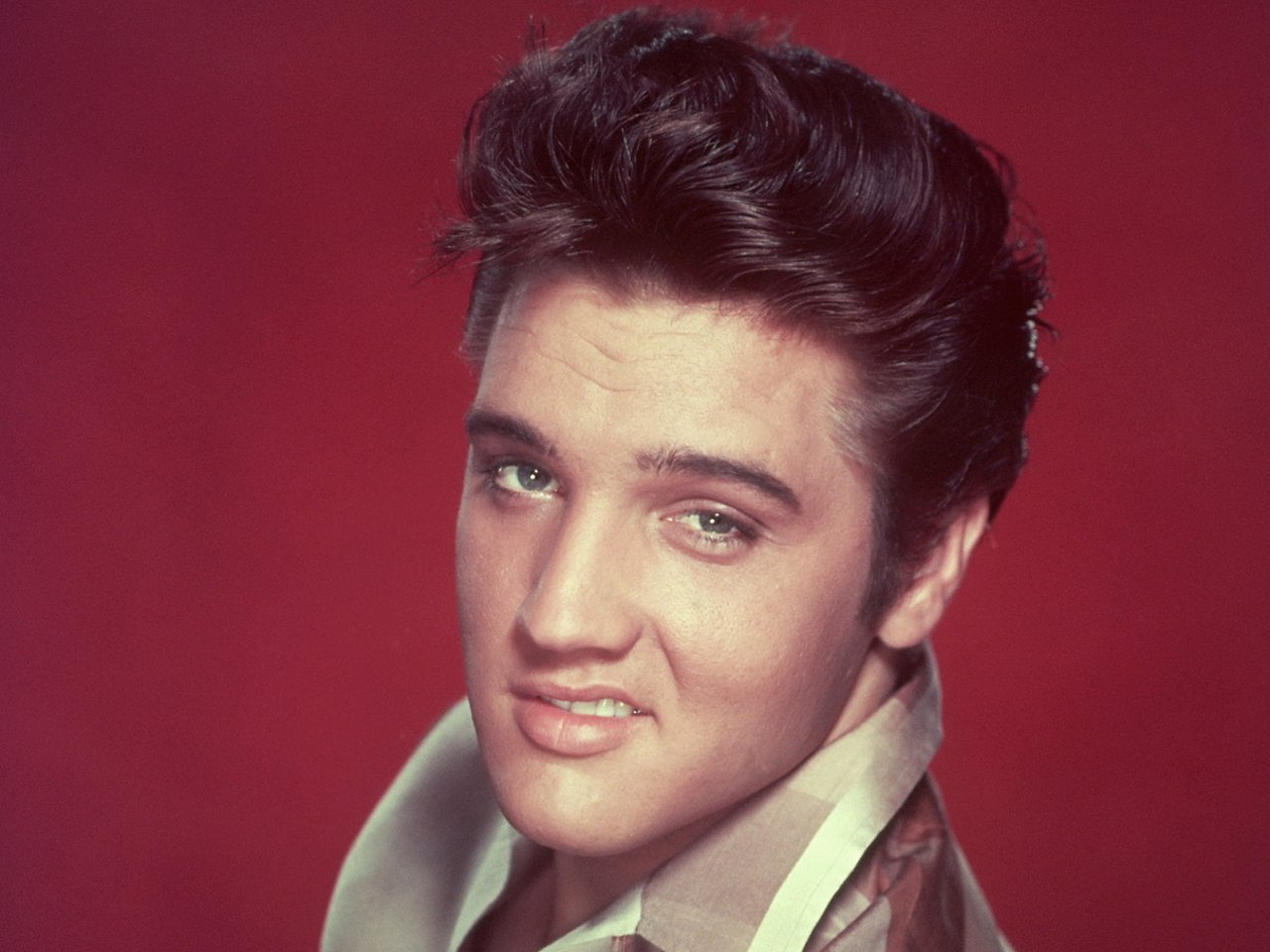 In today’s world, where celebrities out of style faster than clothing, it’s almost impossible to imagine one musician transcending the crowd of competing stars and getting to a new level, a step above everyone else. Many have tried and failed: The Beatles, arguably the greatest band ever, could not take the step above the Rolling Stones. ‘N Sync, although they tried for years, could never move higher than competition with the Backstreet Boys. One Direction, try as they might, will not be anything more than they already are: a boy band – that’s not going to change. Moving out of a niche and transcending popular culture is, today, almost impossible.
In today’s world, where celebrities out of style faster than clothing, it’s almost impossible to imagine one musician transcending the crowd of competing stars and getting to a new level, a step above everyone else. Many have tried and failed: The Beatles, arguably the greatest band ever, could not take the step above the Rolling Stones. ‘N Sync, although they tried for years, could never move higher than competition with the Backstreet Boys. One Direction, try as they might, will not be anything more than they already are: a boy band – that’s not going to change. Moving out of a niche and transcending popular culture is, today, almost impossible.
At one point in history, however, it happened: the boundaries between rock and gospel, between jazz and blues, between country and soul, were shattered, and one singer transcended the boundaries of popular music and became an icon. The man who did the shattering and took a position unmatched to this day in popular culture, was born on January 8th, 1935, in Tupelo, Mississippi, and would have celebrated his 80th birthday earlier this month. His name: Elvis Presley.
When Elvis burst onto the scene with his first single, That’s All Right, in 1954, Rock and Roll was in its infancy. Taking inspiration from big band music of the 1940s and popular songs written in the 1930s and earlier, it had a new sound, which was not set in stone. Rock could take on many different forms, from ballads based on popular songs to up-tempo interpretations of blues classics. Elvis fit perfectly into this fluid musical landscape: his voice, one of the most versatile ever, was a match for any song, from the rapid-fire country-influenced (For example, Blue Suede Shoes) to ballads sung in the style of gospel, like Love Me Tender. Elvis could sing anything, and his popularity reflected that: within months of releasing his first album in 1956, Elvis had become a national superstar.
Elvis’ omnipresence has been recognized time and time again. “More than 20 years ago, he burst upon the scene with an impact that was unprecedented and will probably never be equaled. His music and his personality, fusing the styles of white country and black rhythm and blues, permanently changed the face of American popular culture,” said then-president Jimmy Carter after Elvis’ death in 1977. The same sentiment is echoed today. “When Elvis was there, they stopped everything. Elvis had the moment for real,” said 50 Cent. “While I’m here, it’s not all about 50 Cent, but it was all about Elvis.” Elvis’ omnipresence, unequaled since his death, was a breathtaking, jaw-dropping experience for all who experienced it.
Because of his status as an icon, combined with ridiculously good looks (“I’m straight as an arrow, and you stop, whether you’re male or female, to look at him, he was that good looking,” said television producer Steve Binder in 1968), Elvis, in addition to transcending music, also laid the groundwork for the character of the now commonplace musician/sex symbol. The level of adoration of his fans inspired a new generation of musicians. “Without Elvis, there wouldn’t have been a Beatles,” said John Lennon. Similiarly, Billy Joel imparted Elvis’ impact on him to a biographer. “I remember doing an Elvis Presley impression when I was in the fourth grade,” Joel said. “I sang Hound Dog and I was moving my hips like Elvis. I remember this because the fifth-grade girls started screaming.”
Although Elvis’ health declined precipitously in the 1970s before his eventual death in August 1977, his admirers never left him behind – to this day, the Graceland mansion, Elvis’ home for most of his life, receives more than 600,000 visitors annually, making it the second-most visited home in the country. Elvis compilations released as recently as 2007 have been certified gold. His birthday is celebrated nationwide as well – Graceland hosts celebrations yearly, featuring memories and music of Elvis. Although–despite strangely persistent rumors–Presley is no longer with us, his spirit, his timeless legacy, and above all, his music, live on, and continue to transcend all boundaries of popular culture.
So Happy Birthday, Elvis Presley. You were the King.






